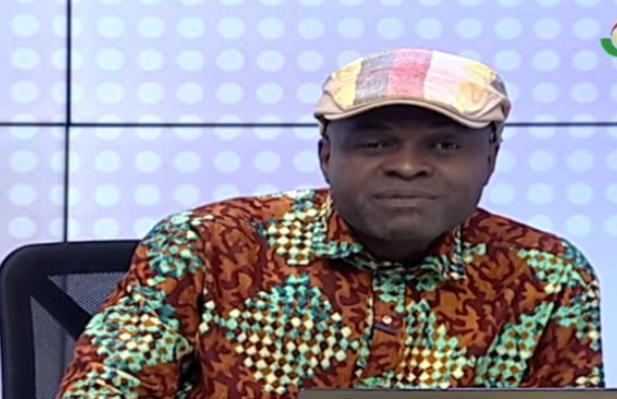Private legal practitioner and governance analyst, Martin Kpebu, has defended criticism of the proposed 24-hour economy initiative, describing dissent as ‘necessary noise” that ultimately strengthens national development efforts.
Kpebu urged Ghanaians not to shy away from expressing dissenting views on government policies, arguing that constructive criticism is essential for good governance and programme success.
“Yes, I’ve seen some people criticise it—and by all means, we need people to even start criticising before the programme is announced. There is always value in noise. When people raise issues, even without reading the document, it helps make the programme even better.”
“If we all think alike, this country will collapse in no time,” he said.
Also Read: Breaking colonial chains: PM Modi calls for global governance reform to empower Global South
Speaking on TV3’s Saturday morning talk show, The Key Points, Martin Kpebu emphasised the democratic necessity of diverse opinions, cautioning against a culture of uniformity and blind praise.
According to him, even in places like North Korea, Russia and Iran, you still find dissidents—people willing to oppose the system, often at great personal risk, maintaining that opposing voices are not only inevitable but vital.
Kpebu also called for regular public updates on the implementation of the 24-hour economy policy. He suggested that a dedicated secretariat or office should be responsible for providing performance reports at least every six months to maintain transparency and allow for citizen feedback.
He argued that when Ghanaians get the data on the policy regularly, they can trumpet the success or offer criticism, stressing that feedback is what will improve the system.
The lawyer was quick to link the policy to Ghana’s constitutional mandates, particularly the Directive Principles of State Policy found in Article 36 of the 1992 Constitution.
The 24-hour economy project, he said, is not coming out of nowhere but is anchored in the 1992 Constitution.
“Article 36 states that the State shall take all necessary action to ensure that the national economy is managed to secure the maximum welfare, freedom, and happiness of every person in Ghana,” he stated. He also stressed the call for fair remuneration, individual creativity, private sector participation, and regional equity in development.
Kpebu lauded the government’s proposal to waive import duties on raw materials, manufacturing equipment, and industrial logistics as part of the policy rollout. This, he said, is also good to allow more people to venture in.
Kpebu encouraged Ghanaians to rally behind the policy to ensure its success, but defended the rights of critics and urged more constructive feedback and greater transparency from policymakers.
He said, “This initiative must work. It has strong potential to drive employment, productivity, and economic development if we plug in and support it. If you can be more constructive, that’s even better. But noise in itself is good—it keeps leaders alert.”
The 24-hour economy initiative, championed by the Mahama administration, aims to stimulate economic activity around the clock through targeted tax reliefs, infrastructure support, and public-private partnerships, especially in manufacturing, logistics, and agriculture.


